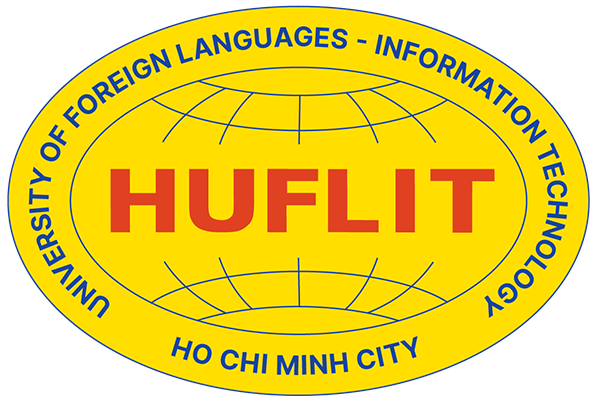-
HUFLIT tổ chức chuyên đề chăm sóc sức khoẻ tinh thần cho người lao động lần thứ haiVừa qua, HUFLIT đã tổ chức chuyên đề Chăm sóc sức khỏe tinh thần người lao động lần thứ hai. Chuyên đề nhận được sự tích cực tham gia của đội ngũ giảng viên, cán bộ và nhân viên HUFLIT.
-
HUFLIT accompanies Teikyo University students on a journey of cultural and academic exchangeBảy sinh viên đến từ Đại học Teikyo (Nhật Bản) đã có chuyến trao đổi học tập kéo dài bốn tháng tại Khoa Ngoại ngữ HUFLIT. Hoạt động không chỉ giúp các bạn nâng cao trình độ tiếng Anh, mà còn mang lại nhiều trải nghiệm sâu sắc về văn hóa và đời sống Việt Nam.
Workshop: “The Interpretation Profession Under the Impact of AI
On the morning of October 27, 2024, at the 6th-floor auditorium of HUFLIT Sư Vạn Hạnh campus, the Faculty of Foreign Languages organized a specialized skills report session on the topic “The Interpretation Profession Under the Impact of AI.” The event attracted over 300 students from various faculties, highlighting the growing interest in the interpretation field amidst the rapid advancement of artificial intelligence (AI).


During the session, Ms. Ngô Y Sa introduced students to various materials and tools that support interpretation learning and practice. These resources help students enhance their skills, improve translation speed, and gain confidence in their chosen field.
Additionally, the speaker discussed the impact of AI on the interpretation profession, a topic of significant interest today. With the development of machine translation tools such as Google Translate, DeepL, and ChatGPT, the role of interpreters is evolving. However, she emphasized that AI cannot completely replace human interpreters but rather serves as a tool to optimize workflows.



The session not only provided valuable knowledge but also inspired students to confidently pursue a career in interpretation. Through this discussion, students gained a clearer awareness of the importance of language, cultural, and technological skills, enabling them to seize opportunities and adapt to the evolving industry in the AI era.

CONTACT INFO
Advising education enrollment






